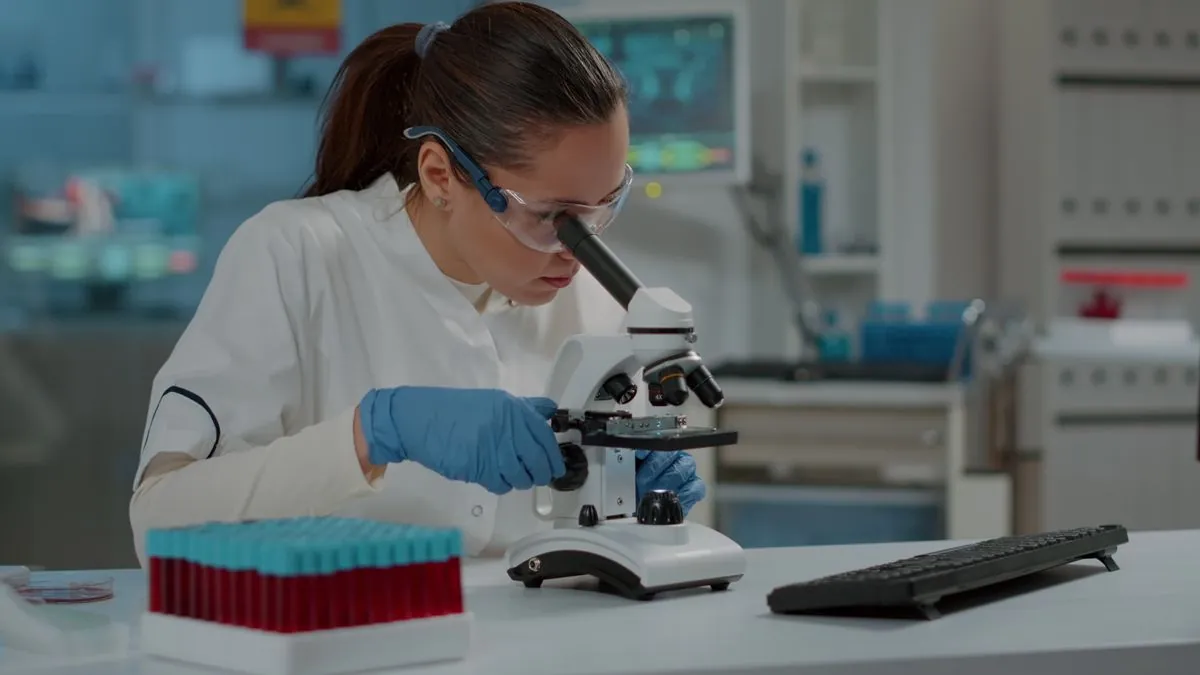The 2024 Nobel Prize in Physiology or Medicine has been awarded to American scientists Victor Ambros and Gary Ruvkun for their groundbreaking discovery of microRNAs. This recognition highlights the significance of their work in unveiling a previously unknown layer of genetic regulation.
MicroRNAs, first identified in the early 1990s, are tiny molecules that play a crucial role in controlling protein production within cells. These molecules, typically 20-25 nucleotides in length, can bind to messenger RNA and influence the translation of genetic information into proteins. The human genome contains over 1,000 microRNA genes, capable of regulating up to 60% of protein-coding genes.
The importance of microRNAs extends far beyond basic cellular processes. Their dysregulation has been linked to various diseases, including cancer, heart conditions, and viral infections. In fact, microRNAs can act as both tumor suppressors and oncogenes, making them potential targets for therapeutic interventions.
Ambros and Ruvkun's journey to this discovery began in the 1990s when they were studying roundworms, a common model organism in genetic research. Their work on the relationship between two roundworm genes, lin-4 and lin-14, led to the unexpected revelation of microRNA's role in gene regulation.
The impact of this discovery has been far-reaching. MicroRNAs are now known to be involved in numerous biological processes, including stem cell differentiation, apoptosis, metabolism, and even circadian rhythm regulation. Their presence in various bodily fluids also makes them potential biomarkers for disease detection.
"This discovery is truly fundamental for all physiology."
The scientific community has embraced the study of microRNAs, with over 2,000 known microRNAs identified in humans to date. Some of these molecules are conserved across species, indicating their evolutionary importance. Interestingly, even viruses have been found to produce their own microRNAs to manipulate host cell processes.
Ambros and Ruvkun's work has opened new avenues for research and potential treatments. Clinical trials are currently exploring the use of microRNAs in combating cardiovascular and kidney diseases. The ability to artificially synthesize microRNAs for research and therapeutic purposes further expands their potential applications.
The journey of these two scientists is a testament to the power of curiosity-driven research. Both Ambros and Ruvkun showed an early interest in science, with Ambros famously applying to MIT with a six-word essay: "I want to be a scientist."
Their collaboration, which began in the lab of Nobel laureate Robert Horvitz at MIT, has now culminated in their own Nobel recognition. This award not only honors their specific discovery but also highlights the importance of understanding the intricate mechanisms of gene regulation in health and disease.
As we look to the future, the study of microRNAs continues to evolve, offering promising insights into aging processes, age-related diseases, and potential new therapeutic strategies. The work of Ambros and Ruvkun has truly opened a new chapter in our understanding of the complexity of life at the molecular level.
